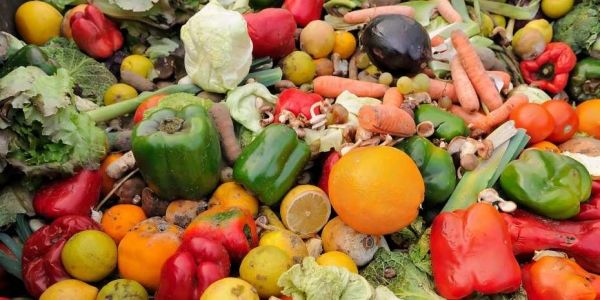For every person in Switzerland, 300 kilogrammes of perfectly good food is thrown away every year. About one-third of all food worldwide suffers this fate – and the figures are rising. Moreover, food waste is responsible for at least 8 percent of global greenhouse gas emissions.
As part of a United Nations commitment, Switzerland has undertaken to halve its per-capita food waste by 2030. Without ambitious government regulations, it will be practically impossible to reach this target. But how do Swiss citizens feel about stricter regulations to combat food waste? How should the rules be designed and justified so as to earn majority support? And would people be willing to pay more for their food as a trade-off for reducing food waste?
These are the questions investigated in a new study by ETH researchers Lukas Fesenfeld, Lukas Rudolph and Thomas Bernauer, which was recently published in the journal Nature Foodcall made. Interest in this topic extends beyond academia, as shown by the Fair Food Initiative, which was rejected by 62 percent of Swiss voters in 2018. An important factor in the defeat was that many voters feared higher food prices.
Continue reading at ETH Zurich
Image via ETH Zurich


